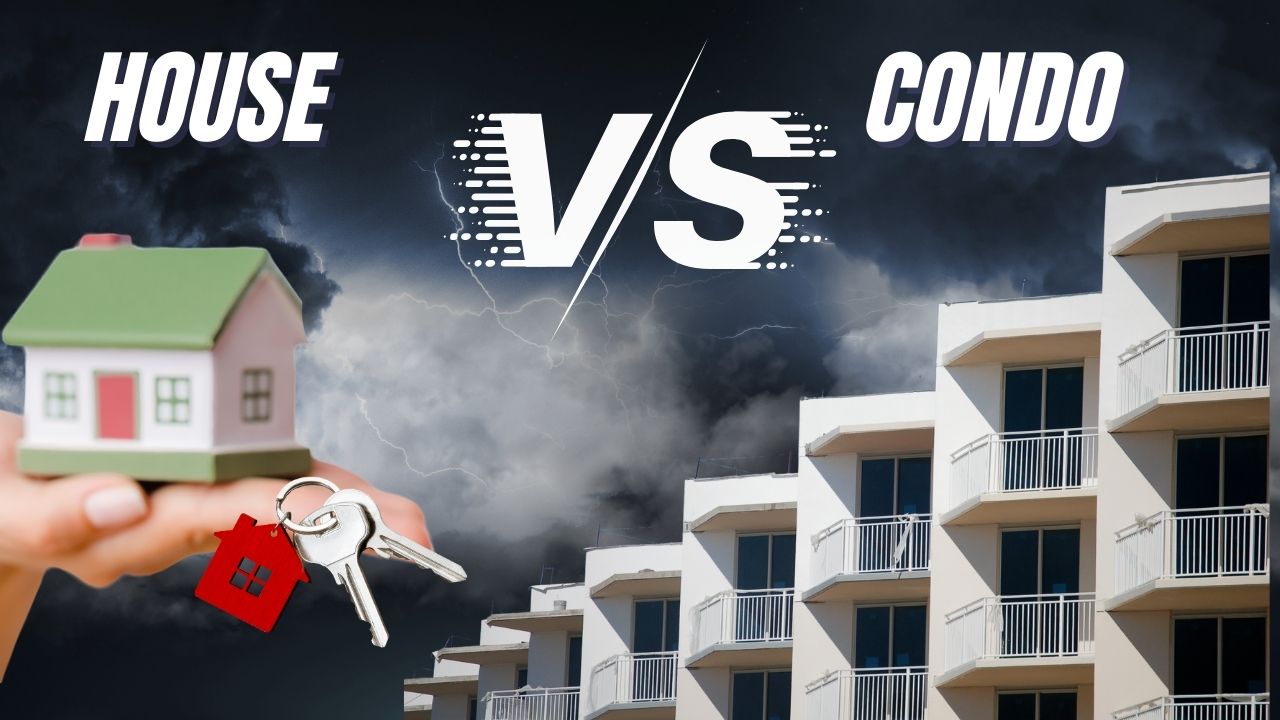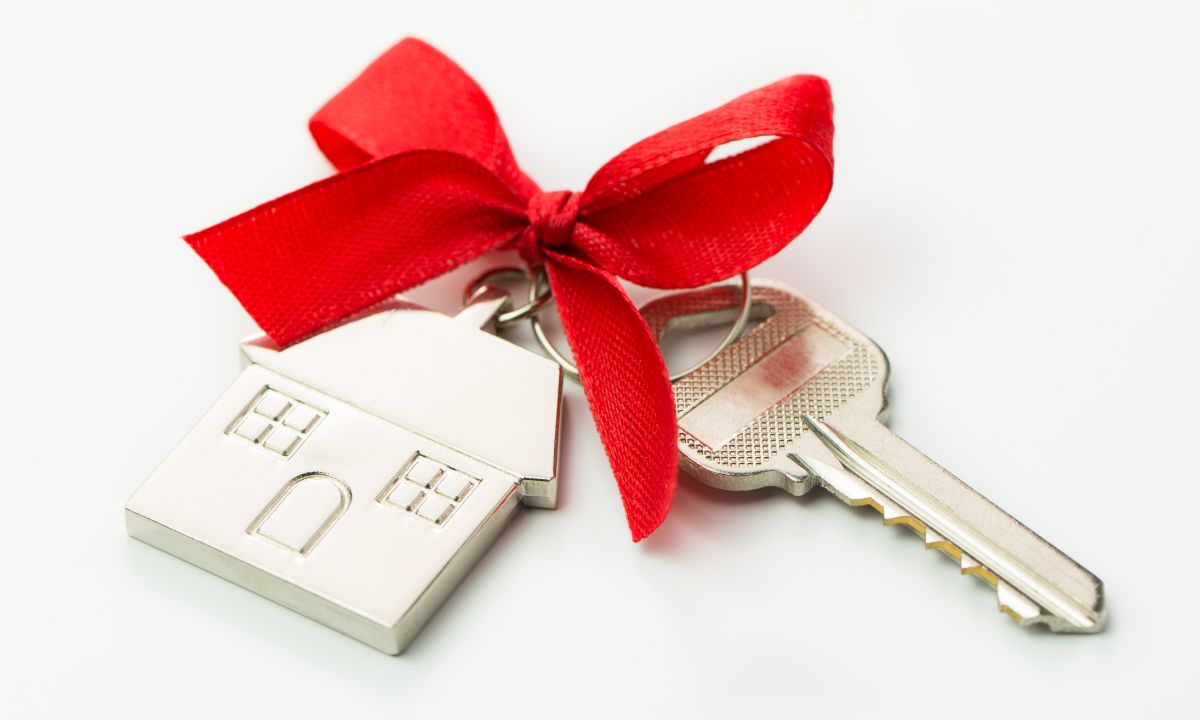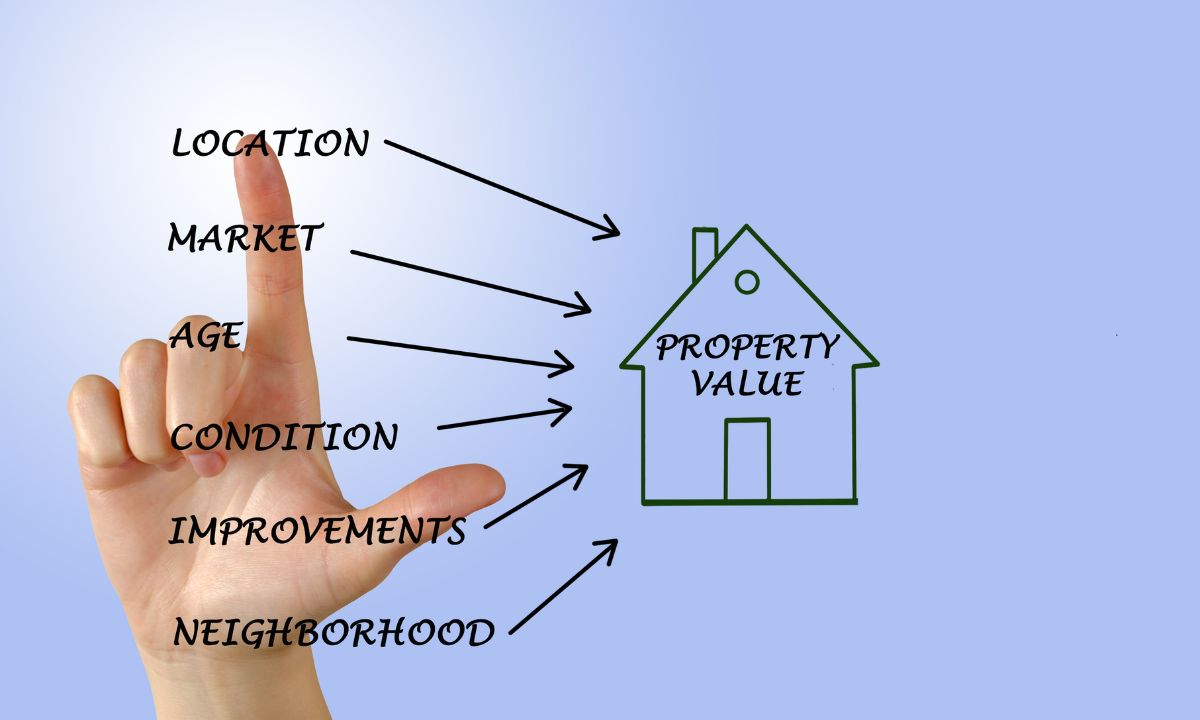 When searching for a home, location is everything. Some buyers may be drawn to properties near an airport for the convenience, while others worry about noise and air quality. If you’re considering buying a home near an airport, here’s a breakdown of the pros and cons to help you make an informed decision.
When searching for a home, location is everything. Some buyers may be drawn to properties near an airport for the convenience, while others worry about noise and air quality. If you’re considering buying a home near an airport, here’s a breakdown of the pros and cons to help you make an informed decision.
The Positives of Living Near an Airport
- Convenience for Frequent Travelers:
If you travel often for work or leisure, living near an airport can be a huge advantage. You’ll save time commuting to and from flights, making travel much less stressful. - Potentially Lower Home Prices:
Homes near airports often come at a discounted price compared to similar homes in quieter locations. If you’re looking for affordability, this could be a great opportunity. - Booming Infrastructure and Amenities:
Airports attract businesses, restaurants, hotels, and shopping centers, providing residents with plenty of nearby amenities. Public transportation is also usually more accessible in these areas. - Strong Rental Demand:
If you’re an investor or plan to rent out your home, properties near airports often attract tenants such as airline employees, business travelers, and short-term renters.
The Negatives of Living Near an Airport
- Noise Pollution:
One of the biggest downsides is the constant noise from planes taking off and landing. Depending on your proximity to the runway, this can be disruptive, especially at night. - Air Pollution and Health Concerns:
Airports generate air pollution, including jet fuel emissions, which may affect air quality and could pose health risks over time. - Potentially Lower Property Value Growth:
While homes near airports may be more affordable, they often don’t appreciate as quickly as those in quieter areas. Resale value could be impacted if buyers are hesitant about the location. - Vibration and Structural Impact:
In some cases, vibrations from frequent air traffic can cause minor structural wear and tear over time, such as cracked walls or loose windows.
Is It the Right Move for You?
Buying a home near an airport has clear advantages and disadvantages. If convenience and affordability are top priorities, it could be a great fit. However, if noise and air quality are deal-breakers, you might want to reconsider.
Before making a decision, visit the area at different times of the day to experience the noise levels firsthand. Also, research airport expansion plans that could increase traffic in the future. With the right considerations, you can decide whether an airport-adjacent home is the right investment for you!
 As a first-time homebuyer, one of the biggest decisions you’ll face is whether to buy a cozy condo or invest in a larger home. Both options have their perks, and while condos may initially seem more affordable and convenient, opting for a larger home can offer significant long-term advantages that make it a better investment. Here’s why splurging on a larger home might be the right move for your future.
As a first-time homebuyer, one of the biggest decisions you’ll face is whether to buy a cozy condo or invest in a larger home. Both options have their perks, and while condos may initially seem more affordable and convenient, opting for a larger home can offer significant long-term advantages that make it a better investment. Here’s why splurging on a larger home might be the right move for your future. Would you feel comfortable living near a cemetery, or does the idea give you pause? For some, it’s no issue, while others might consider it a deal-breaker.
Would you feel comfortable living near a cemetery, or does the idea give you pause? For some, it’s no issue, while others might consider it a deal-breaker. When buying or selling a home, you’ll likely encounter both a home inspection and a home appraisal. While these processes are essential for ensuring a smooth real estate transaction, they serve different purposes and involve unique evaluations. Understanding the differences between a home inspection and a home appraisal can help you navigate the home-buying or selling process more confidently.
When buying or selling a home, you’ll likely encounter both a home inspection and a home appraisal. While these processes are essential for ensuring a smooth real estate transaction, they serve different purposes and involve unique evaluations. Understanding the differences between a home inspection and a home appraisal can help you navigate the home-buying or selling process more confidently. One of the biggest questions future homeowners ask is, “How much do I actually need to save before buying a home?” The answer depends on a few key components, but don’t worry—it’s easier to break down than you might think! Here’s an overview of what you need to save to step into homeownership confidently.
One of the biggest questions future homeowners ask is, “How much do I actually need to save before buying a home?” The answer depends on a few key components, but don’t worry—it’s easier to break down than you might think! Here’s an overview of what you need to save to step into homeownership confidently. When most people think about buying a home, the spring and summer months often come to mind. After all, that’s when the market is buzzing with activity. However, what many don’t realize is that January can be one of the best times to purchase a home. From motivated sellers to financial benefits, buying during the winter months offers several unique advantages for savvy homebuyers.
When most people think about buying a home, the spring and summer months often come to mind. After all, that’s when the market is buzzing with activity. However, what many don’t realize is that January can be one of the best times to purchase a home. From motivated sellers to financial benefits, buying during the winter months offers several unique advantages for savvy homebuyers. As the year comes to a close, it’s the ideal time to take a step back and assess your financial situation, especially if you’re planning to buy real estate in the coming year. Whether you’re a first-time homebuyer, looking for an investment property, or aiming to upgrade, being financially prepared can make all the difference.
As the year comes to a close, it’s the ideal time to take a step back and assess your financial situation, especially if you’re planning to buy real estate in the coming year. Whether you’re a first-time homebuyer, looking for an investment property, or aiming to upgrade, being financially prepared can make all the difference. As a homeowner or potential buyer, understanding what truly influences a property’s value can help you make informed decisions. Whether you’re selling your home or planning to purchase, knowing the factors that impact property value can put you in a stronger negotiating position and help you maximize your investment.
As a homeowner or potential buyer, understanding what truly influences a property’s value can help you make informed decisions. Whether you’re selling your home or planning to purchase, knowing the factors that impact property value can put you in a stronger negotiating position and help you maximize your investment. As a first-time homebuyer, one of the biggest decisions you’ll face is whether to buy a cozy condo or invest in a larger home. Both options have their perks, and while condos may initially seem more affordable and convenient, opting for a larger home can offer significant long-term advantages that make it a better investment. Here’s why splurging on a larger home might be the right move for your future.
As a first-time homebuyer, one of the biggest decisions you’ll face is whether to buy a cozy condo or invest in a larger home. Both options have their perks, and while condos may initially seem more affordable and convenient, opting for a larger home can offer significant long-term advantages that make it a better investment. Here’s why splurging on a larger home might be the right move for your future. When it comes to buying a home, one of the biggest decisions is whether to save up for a 20% down payment or opt for mortgage insurance. While a 20% down payment has traditionally been the gold standard, mortgage insurance is becoming an increasingly viable option for many buyers. Here’s a closer look at both paths to help you determine which is right for you.
When it comes to buying a home, one of the biggest decisions is whether to save up for a 20% down payment or opt for mortgage insurance. While a 20% down payment has traditionally been the gold standard, mortgage insurance is becoming an increasingly viable option for many buyers. Here’s a closer look at both paths to help you determine which is right for you.